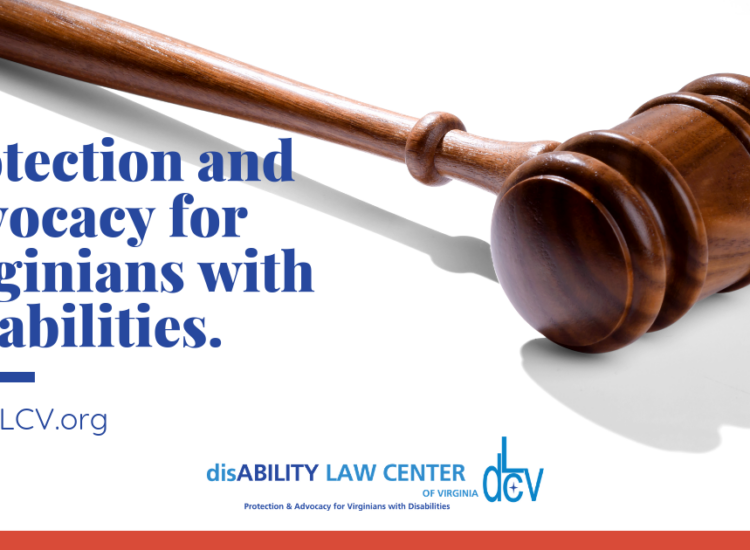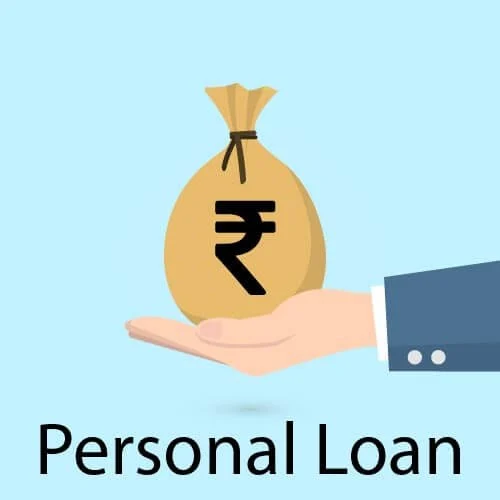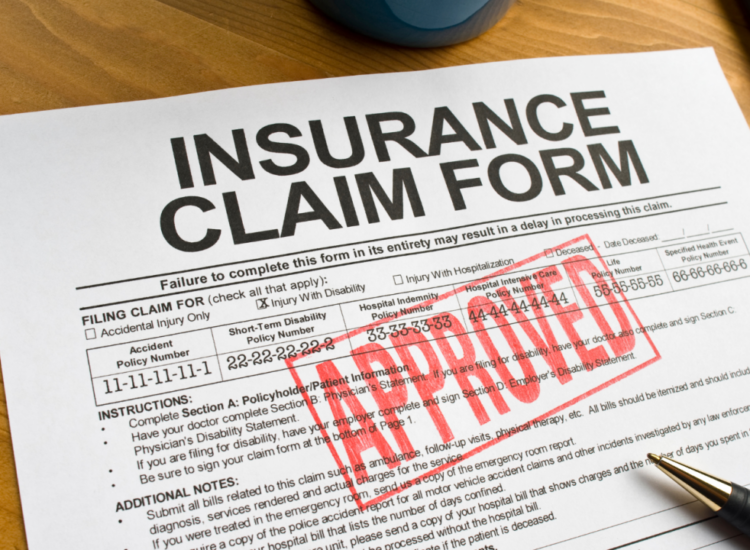Renovating your kitchen or facing unexpected medical bills? A home equity loan or HELOC, often referred to as a home equity loan home equity line of credit, can provide the financial resources you need. However, it’s crucial to understand the long-term implications of each option, including interest rates, repayment terms, and the potential risks associated with using your home as collateral.
Toc
Understanding Home Equity Loans and HELOCs
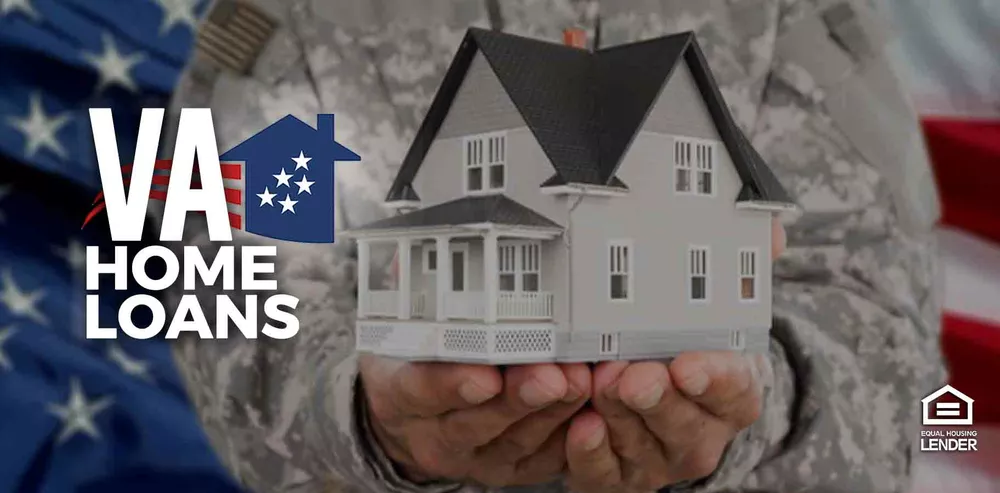
When it comes to leveraging the value of your home, two popular options stand out: the home equity loan and the home equity line of credit (HELOC). Both allow you to borrow against the equity you’ve built in your property, but they operate quite differently.
Home Equity Loans: Predictability and Stability
A home equity loan is a type of fixed-rate loan where your home serves as collateral. Once approved, you receive a lump sum upfront, which you will repay in fixed monthly installments over a predetermined term, usually between 5 to 15 years. This structure offers predictability, making it an excellent choice for those needing a specific amount for a one-time expense, such as a major home renovation costing $30,000 or consolidating high-interest debt from credit cards totaling $25,000.
Key Advantages of Home Equity Loans:
- Fixed Monthly Payments: You know exactly how much you will pay each month, making budgeting easier.
- Locked-In Interest Rate: You are protected from fluctuations in interest rates, providing stability.
- Ideal for Large Expenses: Perfect for significant, one-time financial needs.
However, a home equity loan may not be the best fit if you expect to need additional funds in the future, as it does not allow for ongoing borrowing once the loan is disbursed.
HELOCs: Flexibility at Your Fingertips
In contrast, a home equity line of credit functions similarly to a credit card. It provides you with a revolving line of credit that you can draw from as needed. With a HELOC, you have a set credit limit and only pay interest on the amount you actually borrow. The interest rate is typically variable, which means it can change over time.
HELOCs generally consist of two main phases:
- Draw Period: This phase usually lasts between 5 to 10 years, during which you can withdraw funds as needed.
- Repayment Period: After the draw period, you enter a repayment phase, which can last from 10 to 20 years, where you must pay back what you borrowed.
Key Advantages of HELOCs:
- On-Demand Access to Funds: You can borrow as you need, making it suitable for ongoing expenses like unexpected medical bills, home repairs, or covering college tuition costs.
- Potentially Lower Initial Rates: Often, HELOCs have lower starting interest rates compared to home equity loans.
- Flexibility for Variable Needs: Ideal for situations where you may require funds over time.
However, the variable interest rate can lead to increased monthly payments if rates rise, making it essential to manage your budget carefully.
Choosing the Right Option for You

When deciding between a home equity loan and a home equity line of credit, consider several crucial factors that can influence your choice.
Purpose of the Loan
The intended use of the funds is a significant factor in your decision. If you have a specific, large expense—like a major home renovation, a kitchen remodel costing $30,000, or consolidating high-interest debt from credit cards totaling $25,000—a home equity loan might be the better choice due to its fixed payment structure. Conversely, if you anticipate needing funds for ongoing or fluctuating expenses, like unexpected medical bills, home repairs, or covering college tuition costs, a HELOC’s flexible borrowing may be more appropriate.
Financial Situation and Risk Tolerance
Your current financial situation and comfort with risk should also play a role in your decision. For example, a borrower with a stable income and a steady job who prefers predictability might opt for a home equity loan. They may be comfortable with a fixed monthly payment and prefer to know exactly how much they’ll be paying each month. On the other hand, a self-employed individual with variable income might choose a HELOC, as it allows them to borrow funds as needed and potentially save on interest payments if their income fluctuates.
Interest Rate Sensitivity
Understanding how interest rates impact each option is vital. Home equity loans come with a fixed interest rate, offering protection against rising rates. If you’re worried about increasing costs, this predictability can be comforting. While HELOCs often offer lower starting interest rates, it’s important to remember that these rates can change over time. If interest rates rise, your monthly payments could increase, potentially making it difficult to manage your budget. This is especially important to consider if you have a fixed income or are sensitive to fluctuations in your monthly expenses.
1. https://thegioiloaica.com/archive/9454/
2. https://thegioiloaica.com/archive/9457/
Eligibility Requirements and Costs
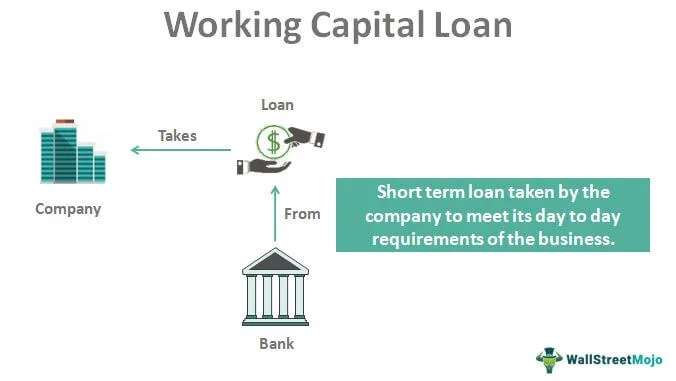
Before applying for either a home equity loan or a HELOC (Home Equity Line of Credit), it’s essential to thoroughly understand the eligibility requirements and associated costs to make an informed decision that aligns with your financial goals.
Eligibility
Lenders typically evaluate several key factors when determining your eligibility for a home equity loan or HELOC. Understanding these criteria can help you prepare ahead of time:
- Credit Score: Most lenders prefer a credit score of 620 or higher. A higher score not only increases your chances of approval but may also lead to better interest rates, which can significantly affect your total repayment amount.
- Debt-to-Income Ratio: A debt-to-income (DTI) ratio below 40% is often required. This ratio compares your monthly debt payments to your gross monthly income, indicating your ability to manage additional debt. Lenders want to ensure that you still have enough financial capacity after accounting for your existing obligations.
- Home Equity: Generally, you need at least 15% equity in your home to qualify. This means that if your home is valued at $300,000, you should have at least $45,000 in equity. The more equity you have, the more favorable terms you may receive.
It’s crucial to shop around and compare offers from different lenders, as specific requirements can vary significantly. Each lender may have unique criteria, and some may be more flexible than others, so doing your homework can lead to better options.
Costs
Both home equity loans and HELOCs come with various costs that borrowers should be aware of to avoid surprises down the line:
- Origination Fees: These are fees charged by lenders for processing the loan application and may range from 0.5% to 1% of the loan amount. It’s essential to ask lenders about these fees upfront, as they can impact your overall borrowing costs.
- Appraisal Fees: Costs associated with assessing the value of your home can vary, typically ranging from $300 to $700. An accurate appraisal is crucial because it determines your home’s worth and influences how much you can borrow.
- Closing Costs: These are fees incurred during the loan closing process and may include attorney fees, title insurance, and recording fees. Closing costs can add up, often totaling between 2% and 5% of the loan amount, so be sure to account for them in your budget.
- Interest Rates: The cost of borrowing money can vary between loans and is influenced by market conditions, your credit profile, and the lender’s policies. It’s wise to look for competitive rates, as even a small difference can lead to significant savings over time.
- Annual Fees: Some lenders may charge annual fees for HELOCs, which can range from $50 to $100 or more. Be sure to check if these fees apply and how they might affect your long-term costs.
Reviewing and comparing the total costs across different lenders will help you find the best deal. Take the time to read the fine print and ask questions, ensuring you fully understand the terms before committing to a loan. Making a well-informed choice can lead to better financial outcomes and a smoother borrowing experience.
Risks and Considerations
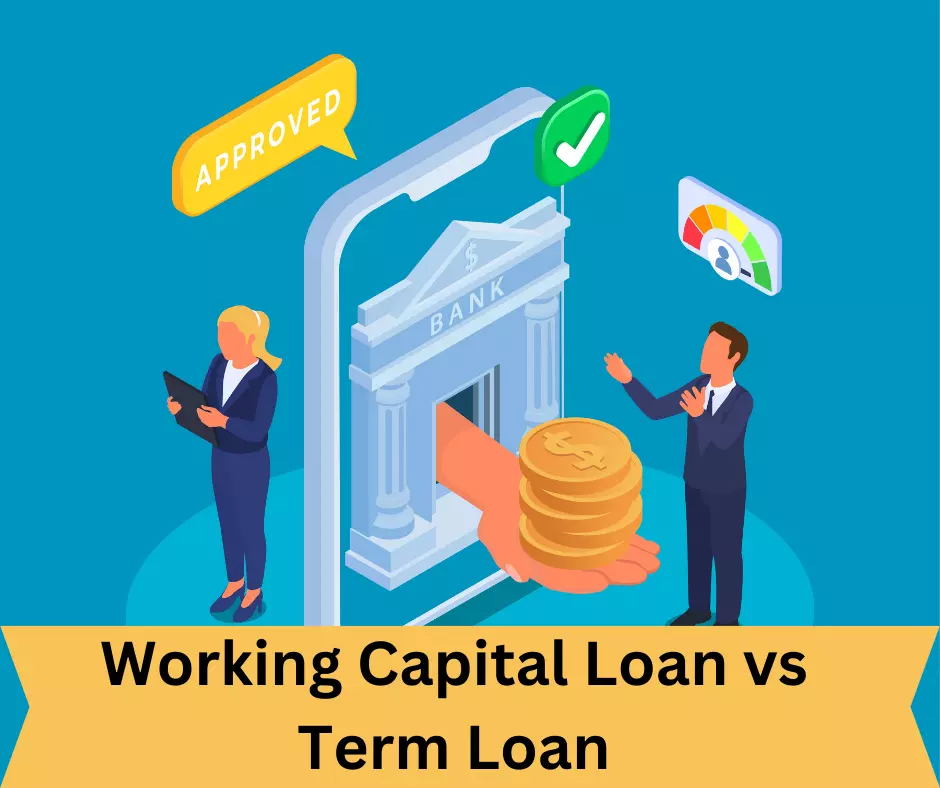
While both a home equity loan and a home equity line of credit can be valuable financial tools, they come with inherent risks that must be carefully considered.
Foreclosure Risk
The most significant risk is the potential for foreclosure, as your home serves as collateral for these loans. If you fail to make the required payments, you could lose your home. It’s essential to assess your ability to manage monthly payments, particularly if interest rates rise.
Credit Score Impact
Applying for either type of loan will result in a hard inquiry on your credit report, which may temporarily lower your score. Maintaining a low debt-to-income ratio is crucial for preserving your credit health, especially if you plan to take on additional debt.
Long-Term Financial Impact
Consider how a home equity loan or HELOC fits into your long-term financial plan. Ensure that your chosen option aligns with your overall financial goals and that you are not overextending yourself.
Tips for Success
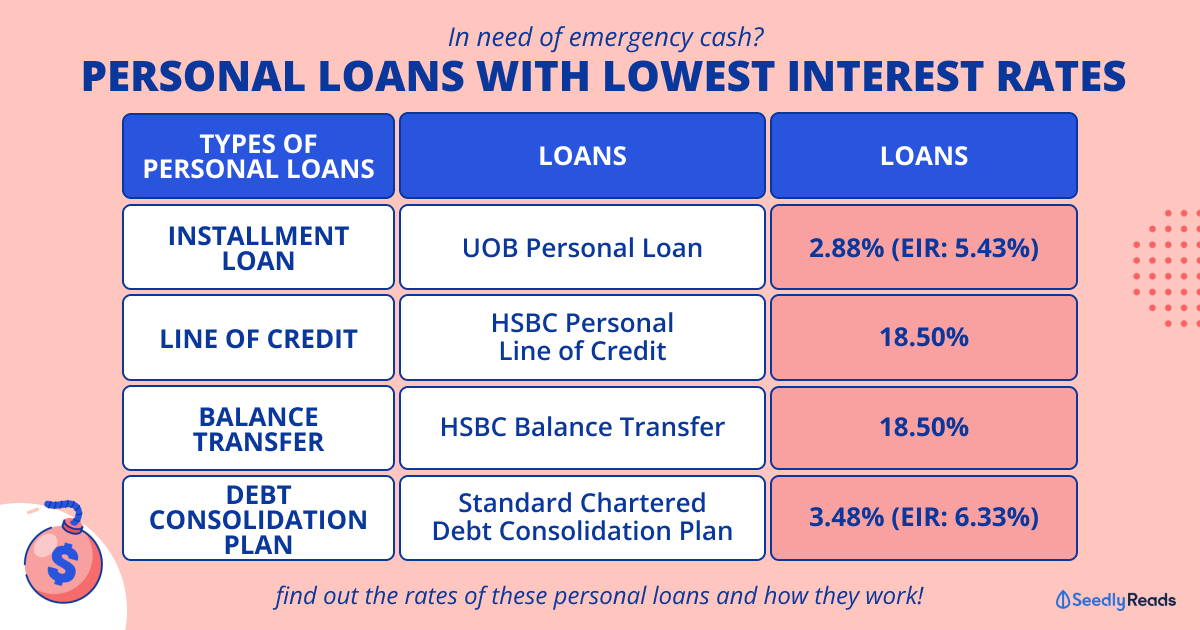
To maximize the benefits of a home equity loan or HELOC, consider the following tips:
Shop Around and Compare Offers
Take the time to research multiple lenders and compare their offers, terms, and conditions. Pay close attention to interest rates, fees, and any additional costs associated with the loan. Don’t hesitate to negotiate terms with lenders to ensure that you are receiving the best possible deal. Websites that aggregate home equity loan and HELOC offers can be a valuable resource in understanding the landscape.
Understand Loan Terms
Before committing to a home equity loan or HELOC, make sure you fully understand the terms of the agreement. This includes the repayment schedule, interest rate terms, and any potential penalties for early repayment. If you are opting for a HELOC, be particularly mindful of the draw period versus the repayment period and how your rates may adjust over time.
Maintain Good Financial Health
Maintaining a strong financial profile will help you secure better terms and interest rates. This includes having a good credit score, a low debt-to-income ratio, and stable income. Regularly check your credit report for any errors and work to resolve any discrepancies promptly. Practice good financial habits like timely bill payments and reducing unnecessary expenditures to keep your financial health robust.
Create a Repayment Plan
Consider creating a detailed plan for repaying your home equity loan or HELOC before you borrow. This plan should take into account your current and future financial situation and include a strategy for handling any potential changes in income or increases in interest rates. Make sure your repayment plan is feasible and aligns with your financial goals.
1. https://thegioiloaica.com/archive/9456/
2. https://thegioiloaica.com/archive/9457/
Consult a Financial Advisor
If you’re unsure about which type of loan is best for you or how taking out such a loan could impact your financial future, consider consulting a financial advisor. An advisor can offer personalized advice based on your specific financial situation and help you navigate the complex details of home equity borrowing.
By taking these steps, you can increase the likelihood of benefiting from your home equity loan or HELOC while minimizing risks and potential downsides. Being well-informed and prepared will allow you to make the most of the opportunity without putting your financial stability at risk.
Frequently Asked Questions (FAQ)
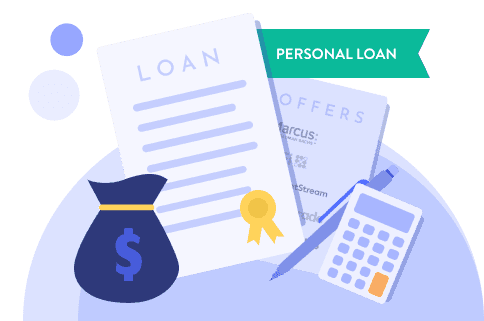
What is the difference between a home equity loan and a HELOC?
The primary difference lies in their structure: a home equity loan provides a fixed amount upfront with a fixed interest rate, while a HELOC offers a revolving line of credit with a variable interest rate. Home equity loans are better suited for one-time expenses, while HELOCs offer flexibility for ongoing financial needs.
How much equity do I need to qualify?
Most lenders require at least 15% equity in your home to qualify for either a home equity loan or HELOC, though specific requirements may vary.
Are there any tax benefits?
In certain cases, the interest paid on a home equity loan or HELOC may be tax-deductible, depending on how you use the funds. It’s advisable to consult a tax professional for personalized advice.
What happens if I default?
If you default on a home equity loan or HELOC, the lender may foreclose on your home since it serves as collateral. This can have severe consequences, including damaging your credit and potentially losing your property.
Should I use a HELOC for debt consolidation?
Using a HELOC for debt consolidation can be beneficial but comes with risks. It’s essential to carefully consider your financial situation and consult with a financial advisor before proceeding.
Conclusion
Choosing between a home equity loan and a home equity line of credit depends on your individual financial goals, risk tolerance, and overall financial situation. Carefully consider the purpose of the loan, your financial stability, and your sensitivity to interest rates before making a decision. Remember to shop around for the best rates and terms, consult with a financial advisor, and develop a responsible plan for managing the loan. By understanding the differences and making an informed choice, you can leverage your home’s equity to achieve your financial objectives while managing the associated risks.



